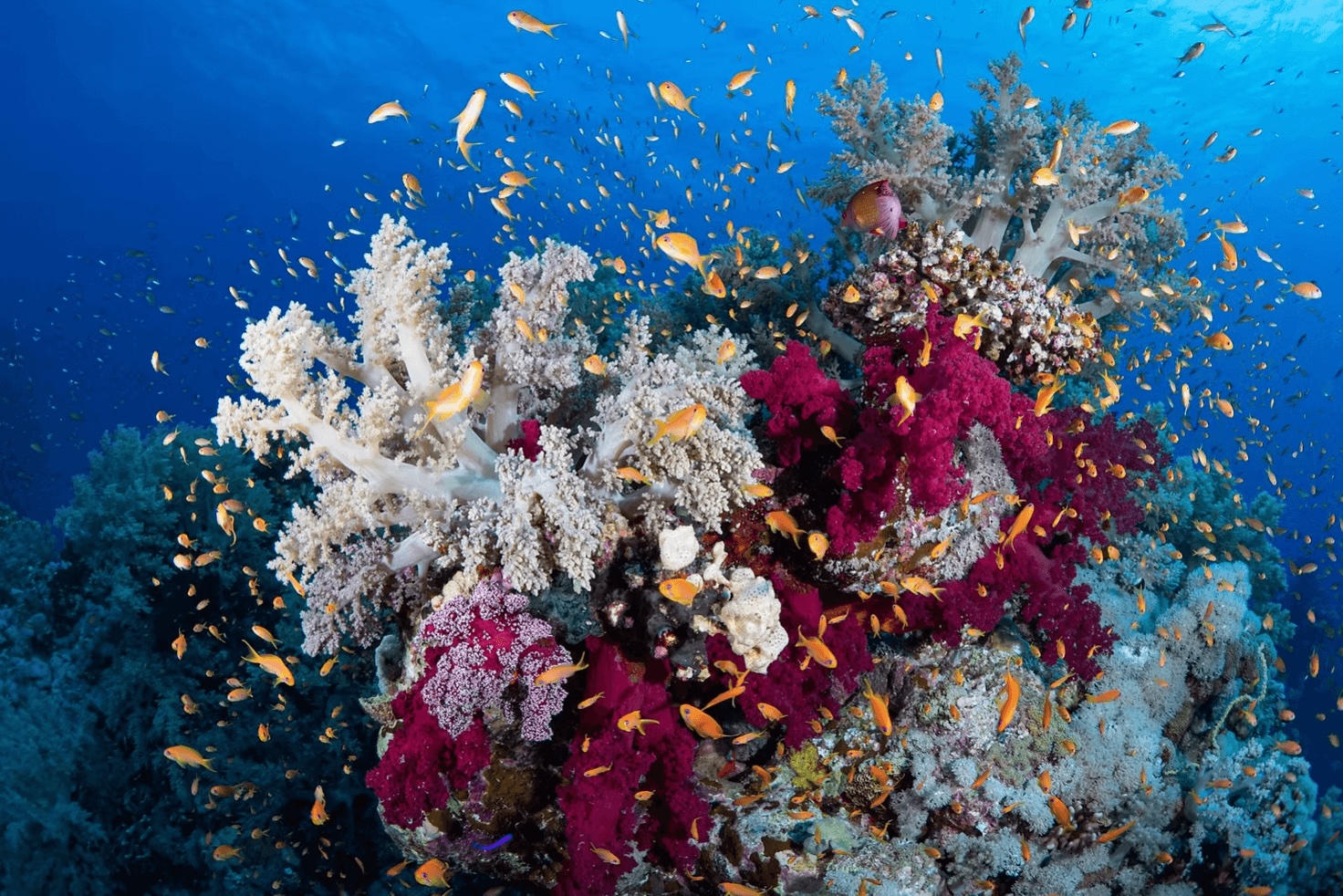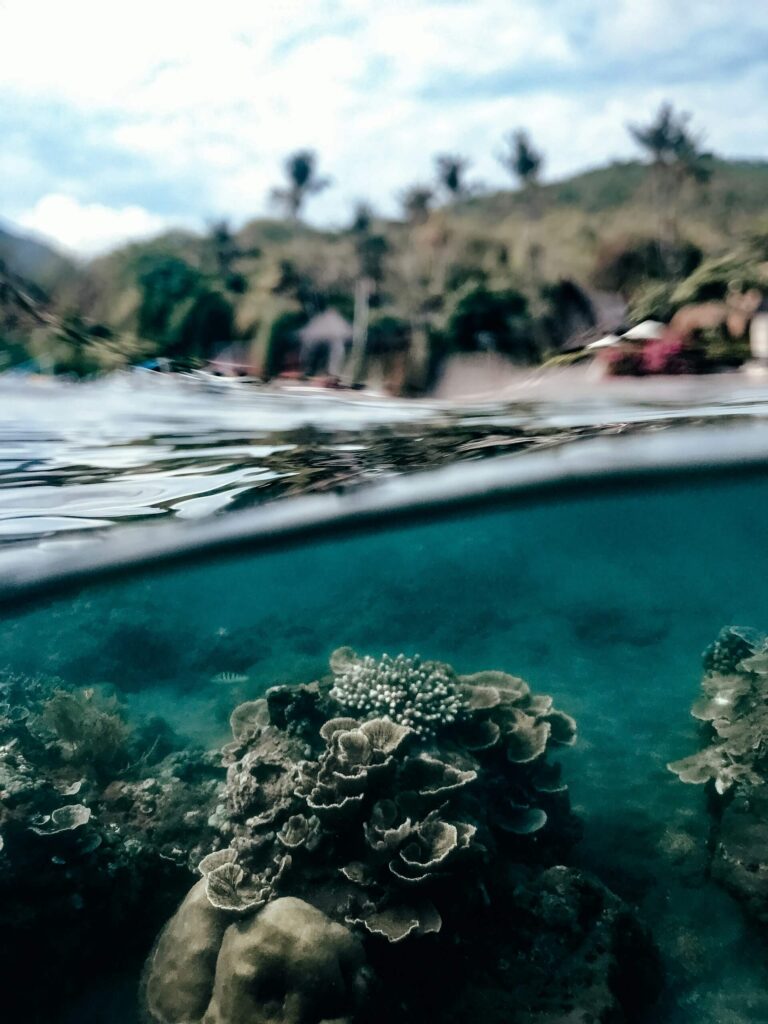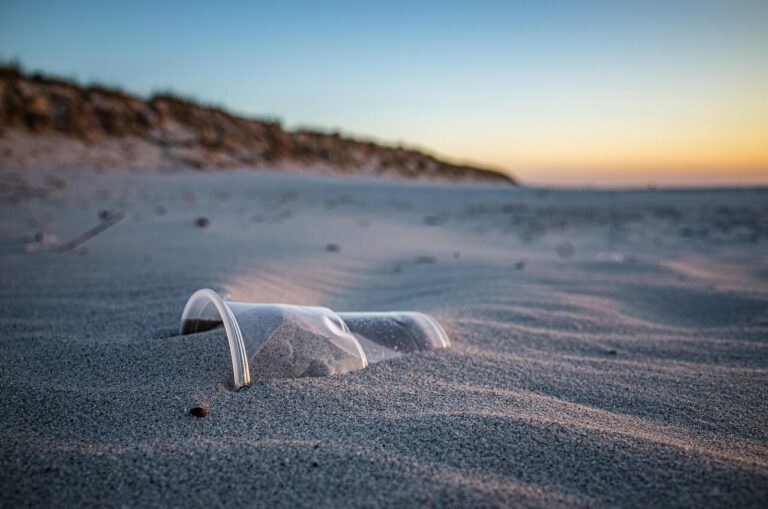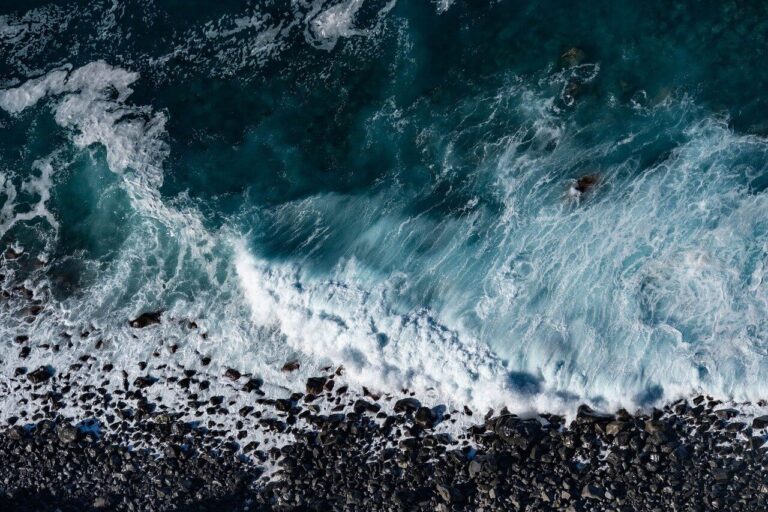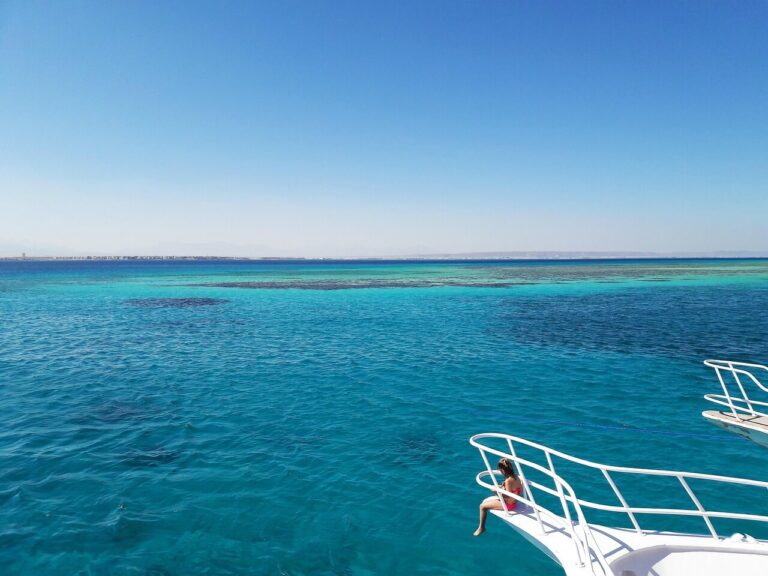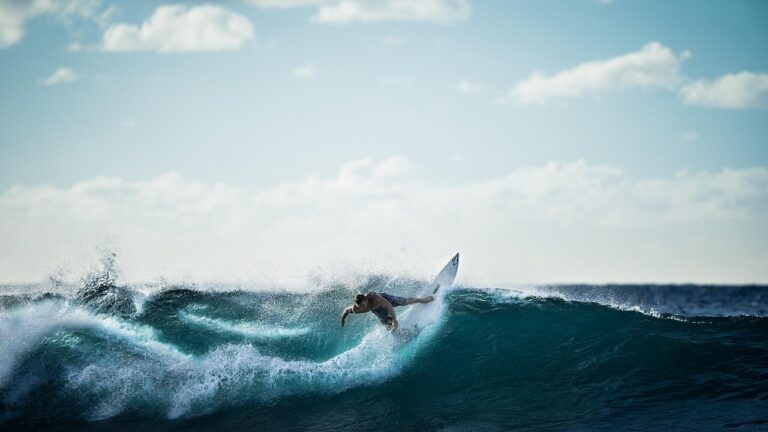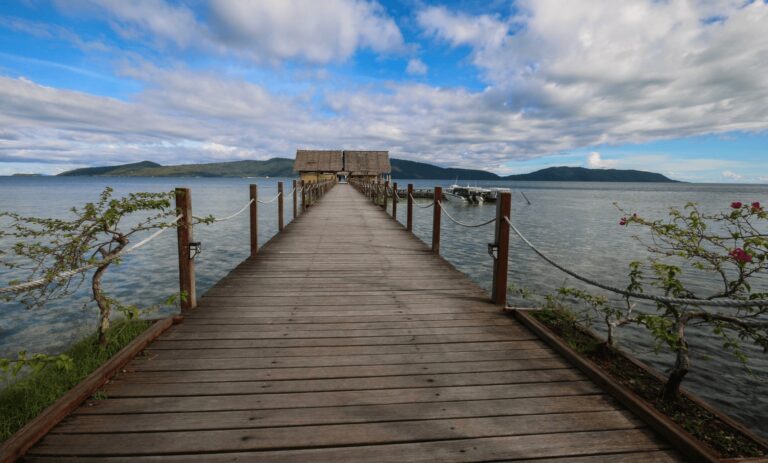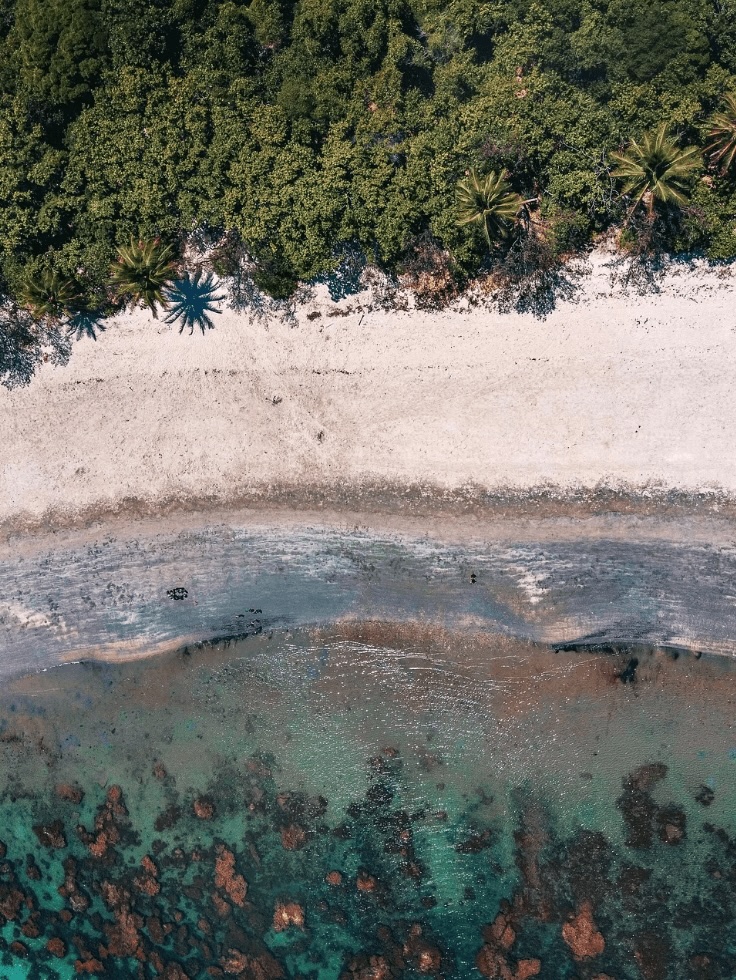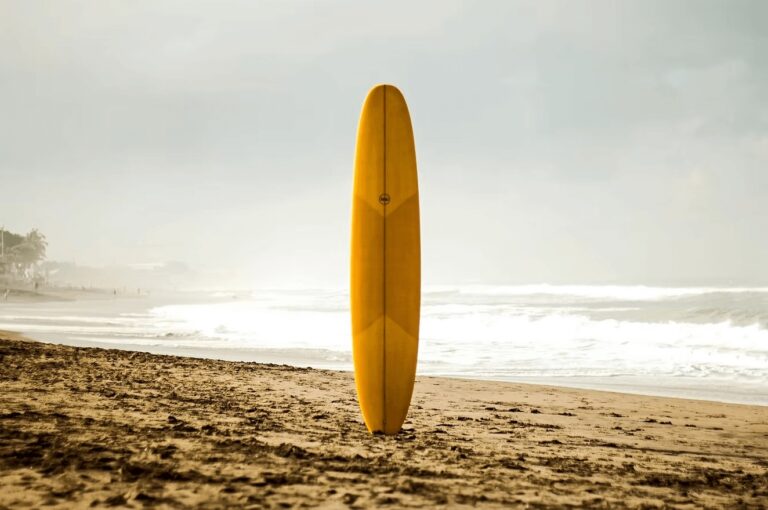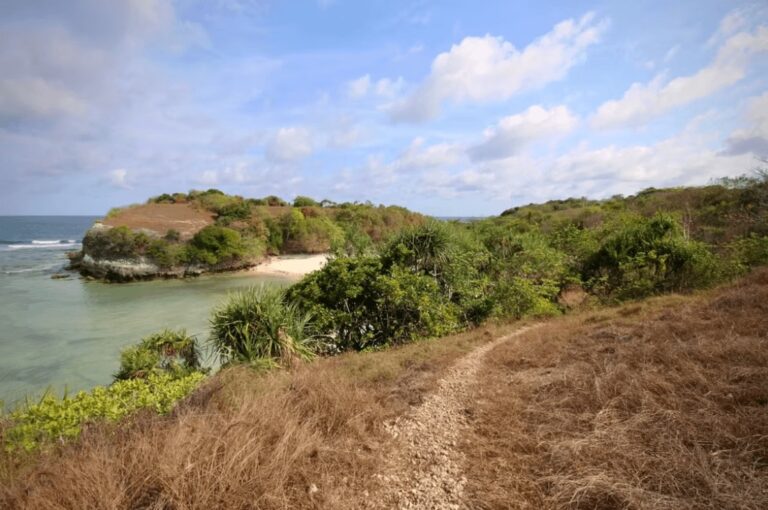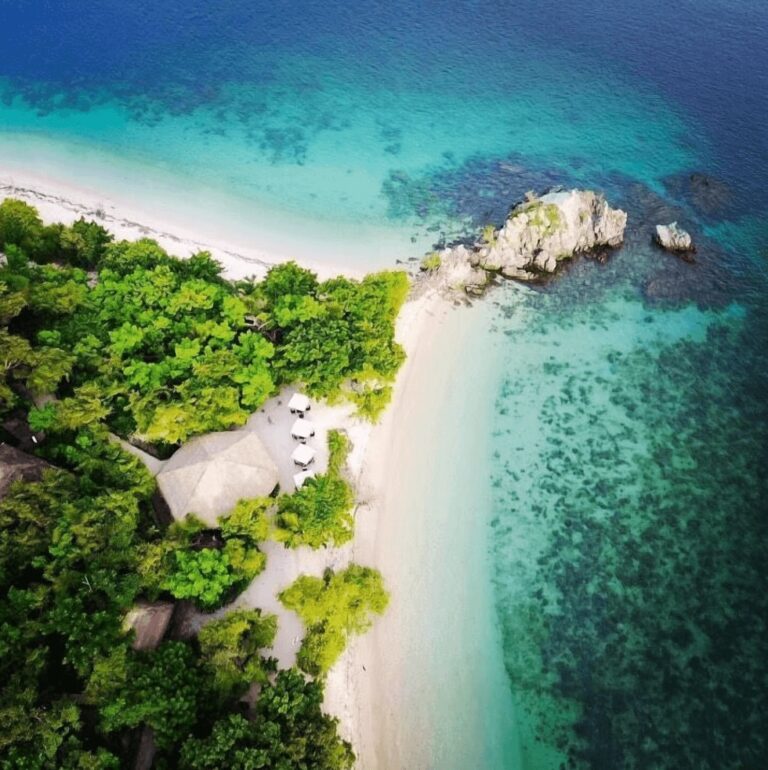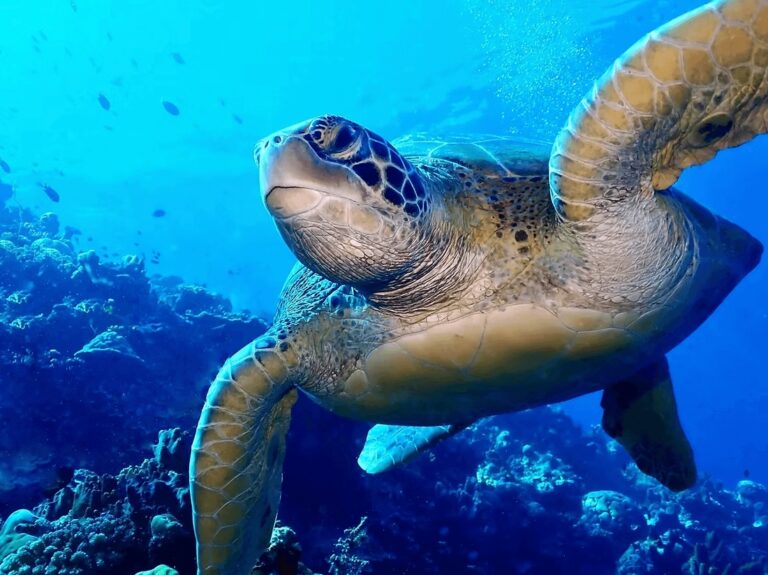Eco-Friendly Diving: How to Be a Sustainable Scuba Advocate
Understand the environmental impacts of diving and sustainable scuba practices in this comprehensive guide to eco-friendly diving.
Any diver will tell you that being underwater is an incredible experience. It’s a world that not everyone has the opportunity to explore and the encounters we have with marine creatures can be life-changing.
Watching manta rays soar above our heads and getting up close to tiny orangutan crabs are among the experiences that will stay with us forever.
However, our underwater adventures can have a negative impact on these fragile ecosystems and threaten their long-term survival.
Whether it’s inadvertently damaging corals, scaring marine creatures or releasing pollution from dive boats and liveaboards, scuba trips are not always sustainably run.
As divers, we believe that we have a responsibility to preserve the marine life and underwater ecosystems we encounter, not only for others to enjoy but also for their intrinsic value.
In this guide, discover some of the steps you can take to be a sustainable diver and a few of the eco-friendly diving practices we should all be following.
By choosing to be an ally of our oceans and actively participating in their protection, you’ll be enhancing the health of marine life and the economic benefits that sustainable diving can bring to local communities.
Want to plan an eco-conscious dive vacation? Discover some of the world’s best eco-friendly dive resorts or these sustainable dive destinations.
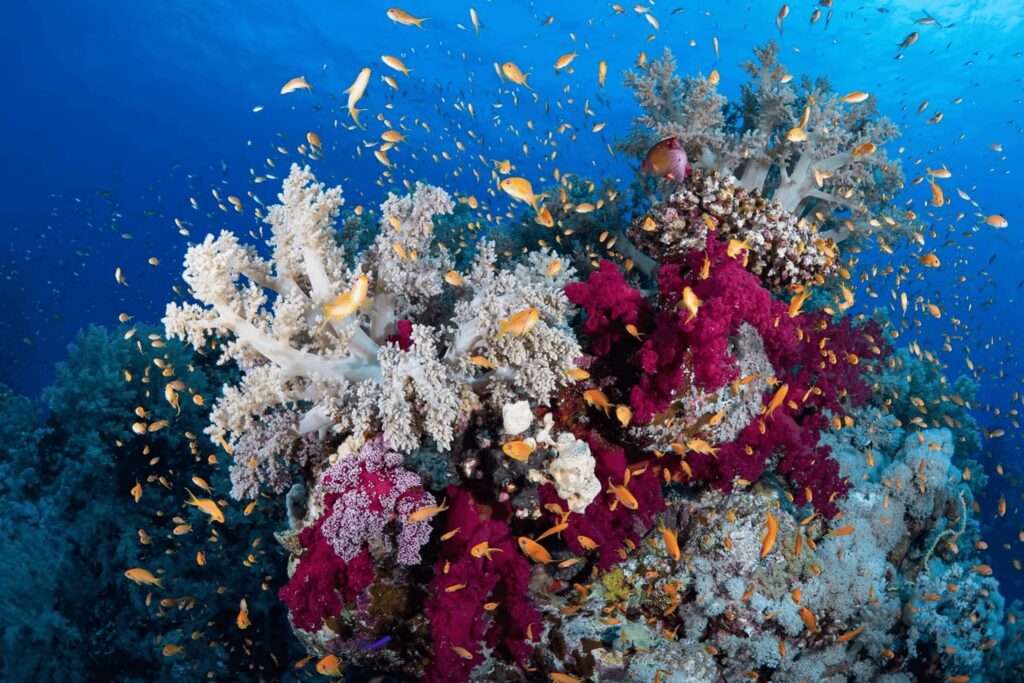
This article contains affiliate links, which means when you make a purchase through that link, we earn a small commission. Affiliate links come at no cost to you and ensure our content remains free!
Understanding the environmental impacts of diving
While most divers head underwater with the best intentions, their actions can have negative impacts.
Research conducted by Australia’s Southern Cross University showed that heavily dived underwater sites often have reduced coral cover and/or an increasing dominance of more resilient coral species.
Over time, this can negatively impact species diversity. Ultimately, it makes the reefs less able to survive severe weather events and disease outbreaks.
Poorly managed dive trips can result in structural damage to corals. This is done either by divers and their fins, the release of anchors and/or boats grounding on reefs.
If corals are damaged at a rate faster than they can recover, the long-term impact will be reef degradation and loss.
Dive activities can also lead to a decrease in water quality and the raising of particulate material into the water column as sediment is disturbed. This might be during stabilisation for underwater photography or by fins scraping along the ocean floor.
A decrease in water quality in and around popular dive sites may also result from the leaching of wastewater and/or toxic substances from dive vessels and resorts. Over time, this contributes to water pollution and detrimental nutrient enrichment, which can have knock-on effects for underwater communities.
Want to be a more responsible diver? Here are 7 ways you can reduce your underwater impact.
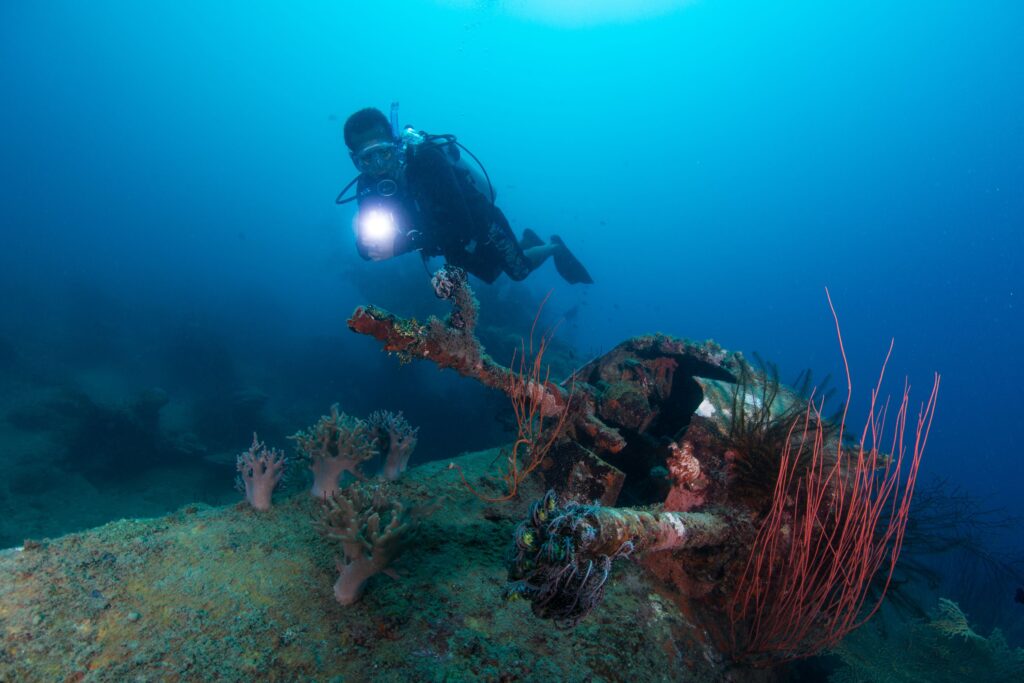
Sustainable diving: what is it and how can you play a part?
Eco-friendly diving is all about being aware of the potential impacts of scuba diving. It’s about making a concerted effort to leave marine environments in a better condition than you found them.
This means not touching or feeding marine life and not disturbing the delicate balance of the ecosystem. Sustainable diving also means using biodegradable, reef-safe sunscreens that won’t degrade the water quality.
As a diver, improving your buoyancy control is one of the simplest ways you can avoid damaging coral reefs and marine ecosystems. When you have your buoyancy under control, you are less likely to have collisions with the coral.
It may take a little bit of time to hone your buoyancy control. But we guarantee it will have a positive impact on the marine ecosystems you visit in the future.
Most importantly, opt to dive with operators who are committed to sustainable diving practices and put marine life before profits.
Avoid dive shops, resorts or liveaboards that encourage the handling of marine life or feeding to attract large pelagic species.
While it can be tempting to reach out and touch, handling marine creatures can damage their protective mucus layer and lead to infections.
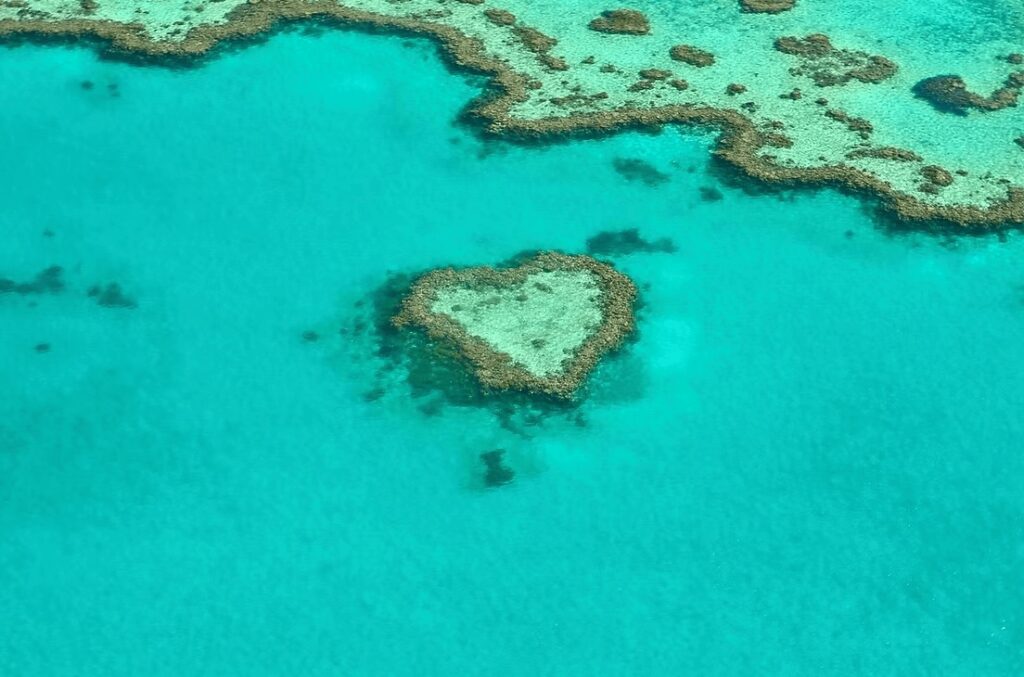
Look for eco-friendly dive resorts that avoid single-use plastics. Unfortunately, these can end up clogging our waterways and breaking down into microplastics.
Sustainably-run dive resorts should have a clear plan for the responsible disposal of waste and be active when it comes to recycling.
At all times, practice Leave No Trace principles and take only memories (and perhaps photos) of your dives with you. Always show respect for the marine environments you’re exploring, just as you would want others to respect your home.
Some dive operators will clearly state on their website exactly what they are doing to preserve the marine environments in which they work. If not, don’t be afraid to ask questions as we all have a responsibility to play our part.
If you’re looking for eco-friendly dive experiences around the globe, our collection of articles highlights sustainable scuba adventures from Asia to Africa, Oceania and the Americas.
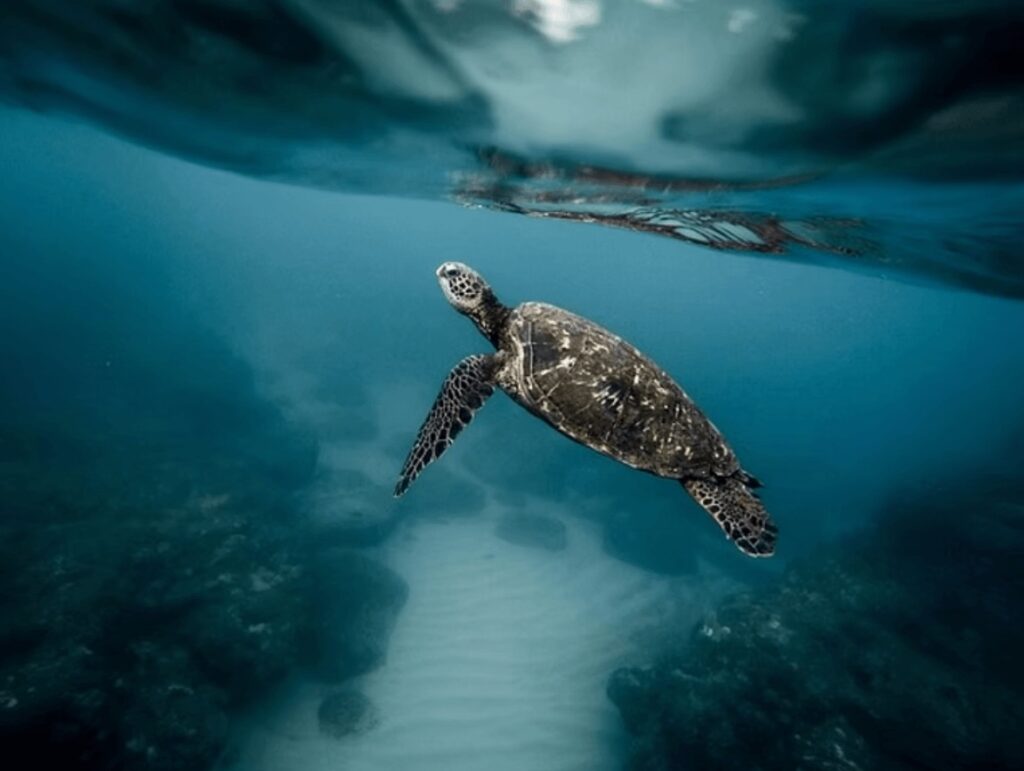
Support marine conservation efforts
If you want to take it one step further and help protect marine life outside of your recreational diving activities, there are plenty of marine conservation organisations to support.
Many of these rely on the donations of individuals or hands-on volunteers to carry out their vital work.
Additionally, you can check to see if there are groups in your local community that are participating in clean-up dives or helping to remove invasive marine species.
Wherever possible, support the creation of marine protected areas and spread awareness about conservation issues impacting our oceans with your family and friends.
The more people who are talking about these issues, the greater chance we have of preserving our underwater environments.
Project AWARE and Green Fins are two organisations dedicated to preserving oceans and marine life, and both welcome community support. Additionally, you can opt to stay at dive resorts that have been certified by Green Fins as sustainable.
Want to learn more about the issues impacting our ocean ecosystems? Check out our collection of marine conservation articles here.
FAQs about eco-friendly diving
How can you dive sustainably?
There are lots of easy steps you can take to be an eco-friendly diver. This includes using reef-safe sunscreen whenever you are in ocean environments.
Practice Leave No Trace principles and collect any trash you see underwater (and dispose of it responsibly).
Avoid using single-use plastics and non-recyclable products in your day-to-day life. Instead, opt for biodegradable alternatives.
As part of your ongoing dive education, hone your buoyancy skills so you are less likely to damage marine ecosystems. And never touch marine life, no matter how close it comes to you.
Only ever dive with eco-friendly dive resorts, liveaboards and schools that are committed to preserving our marine environments.
What is eco-friendly diving?
Eco-friendly diving is an approach to underwater exploration that focuses on preserving marine ecosystems. It’s about leaving them in the same condition you found them in…or better!
Sustainable diving is about upholding behaviours that don’t have a negative impact on marine life and encouraging others to do the same.
By being a responsible diver, you’re giving future generations the best chance of being able to enjoy the same environments. It will also ensure that local communities that rely on dive tourism have a sustainable future.
Marine ecosystems should also be preserved for their intrinsic value, independent of the benefits they bring to humans.
Where are the best places to go for an eco-friendly dive vacation?
There are countless dive resorts, schools and liveaboards around the world that are committed to sustainable diving, making it easy to plan an eco-friendly dive holiday.
Whether you want to dive in Southeast Asia, Africa or Oceania, there are inspiring dive operators helping you do it responsibly.
One destination that stands out is Raja Ampat in Indonesia. Here, more than 11,540 square kilometres of ocean have been designated within locally-managed marine protected areas.
Most of the dive resorts and homestays here are sustainably run. Many work closely with local communities to ensure everyone benefits from dive tourism.
Sipadan Island is another good choice. This Malaysian dive destination has implemented a permit system to limit the number of divers on the reefs.
After implementing a ban on single-use plastics in 2022, the Caribbean island of Bonaire is also doing its bit to reduce pollution in our oceans and preserve local marine ecosystems.
Want to learn more about Marine Protected Areas (MPAs) and what sets them apart? Check out our detailed explainer here.
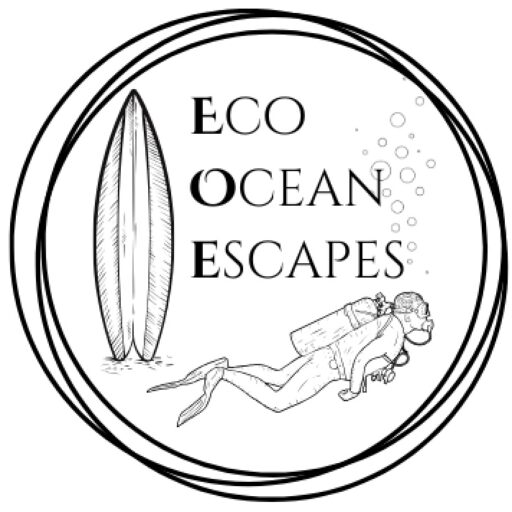
PLAN YOUR TRIP WITH OUR FAVOURITE RESOURCES:
Find hotels and resorts via Booking or Agoda
Book tours and experiences via Viator or GetYourGuide
Find a rental car via Discover Cars
Book flights via Kiwi or Booking
Search for buses and trains via 12Go or Omio
Get travel insurance via SafetyWing
Buy a digital eSIM with Airalo
By purchasing through our links, you’ll be supporting our website at no additional cost to you
About the authors
We are a team of passionate divers and surfers with decades of combined experience in the water and travelling to all corners of the globe. After years of chasing waves and descending into the deep blue, we’ve created this resource to highlight sustainably run surf camps, eco-friendly dive resorts and conservation-focused ocean trips to help inspire your next adventure.
Eco Ocean Escapes was born out of a love of the ocean, an obsession with travel and a concern about the impacts of our adventures on the environments we explore. Despite the benefits that surf and dive tourism can bring to local communities, we recognised that ocean-based adventures are not always managed in a sustainable manner.
Through our articles, we hope to inspire those seeking a responsible surf or dive trip that is all about supporting local communities, preserving our coastal environments and the incredible marine species that inhabit our oceans.
-
Are Luxury Surf Resorts Compatible With Sustainability?
Luxury surf resorts promise a dream vacation: uncrowded waves, paradisiacal beaches and five-star facilities in some of the world’s most remote destinations. Not only do they mean exclusivity, but also incredible food and all the creature comforts you could desire after your session. But behind the infinity pools and curated “eco” language lies a difficult…
-
Top Ocean Conservation Apps For Surfers and Divers
As surfers and divers, we experience the ocean in a deeply personal way. We see coral bleaching up close, notice changes in water quality and witness the impact of plastic pollution firsthand. So how can we use this first-hand knowledge and local insights for good? The reality is that you don’t need to be a…
-
Ocean Plastic Pollution and the Role of Divers in Clean-Up Efforts
Plastic pollution is one of the most visible and destructive threats facing our oceans today. From floating bottles and ghost fishing nets to microplastics embedded in coral reefs, plastic waste has reached even the most remote dive sites on the planet. As international divers, we’ve seen the issue of plastic pollution around the globe –…
-
The Carbon Footprint of Surf Trips: How to Reduce + Offset Yours
Surf travel is all about chasing waves, feeling a complete sense of freedom and embracing time spent in nature. Here at EcoOceanEscapes, we also believe it’s an incredible opportunity to connect with locals and discover unique corners of the globe. But the reality is that most surf trips (especially international ones) come with a heavy carbon…
-
Sustainable Dive Liveaboards in the Red Sea: What to Look For
The Red Sea is one of the world’s most iconic dive destinations, with thriving coral reefs, dramatic drop-offs and historic wrecks like the SS Thistlegorm. It lures divers from across the globe, with most basing themselves along the Egyptian coastline or boarding one of the many liveaboards that ply the Red Sea’s waters. But the…
-
The Ethics of Surf Tourism in Developing Nations: Travelling Aware
If you’ve done a few surf trips around the globe, you’ll know that travel impacts destinations, sometimes for better, sometimes for worse. Surf tourism has transformed once-quiet coastal communities into globally renowned hotspots, bringing money, infrastructure and crowds. From Morocco to Sri Lanka, Mozambique to Indonesia, waves that were once surfed almost exclusively by locals…
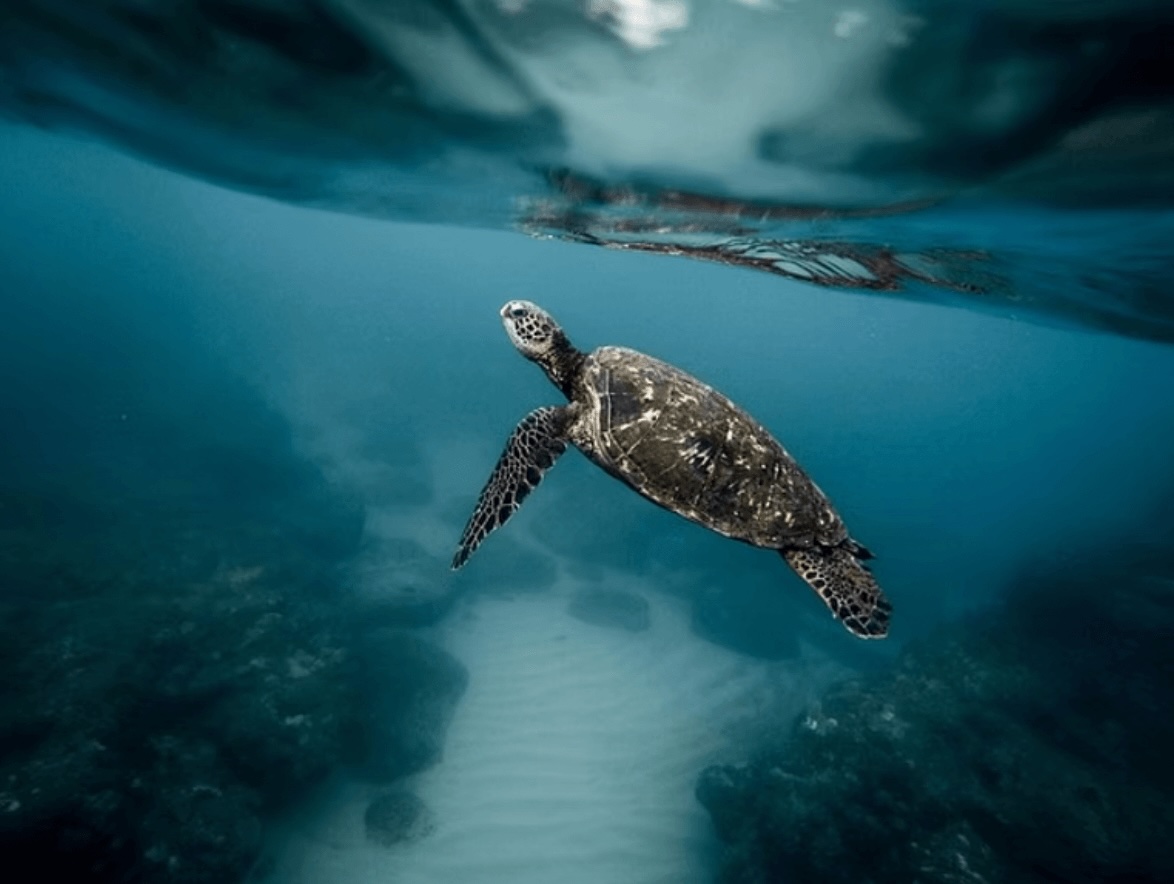
We are a team of passionate divers and surfers with decades of combined experience in the water and travelling to all corners of the globe.
After years of chasing waves and descending into the deep blue, we’ve created this resource to highlight sustainable surf camps, eco-dive resorts and conservation-focused ocean trips to help inspire your next adventure.
Eco Ocean Escapes was born out of a love of the ocean, an obsession with travel and a concern about the impacts of our adventures on the environments we explore.
